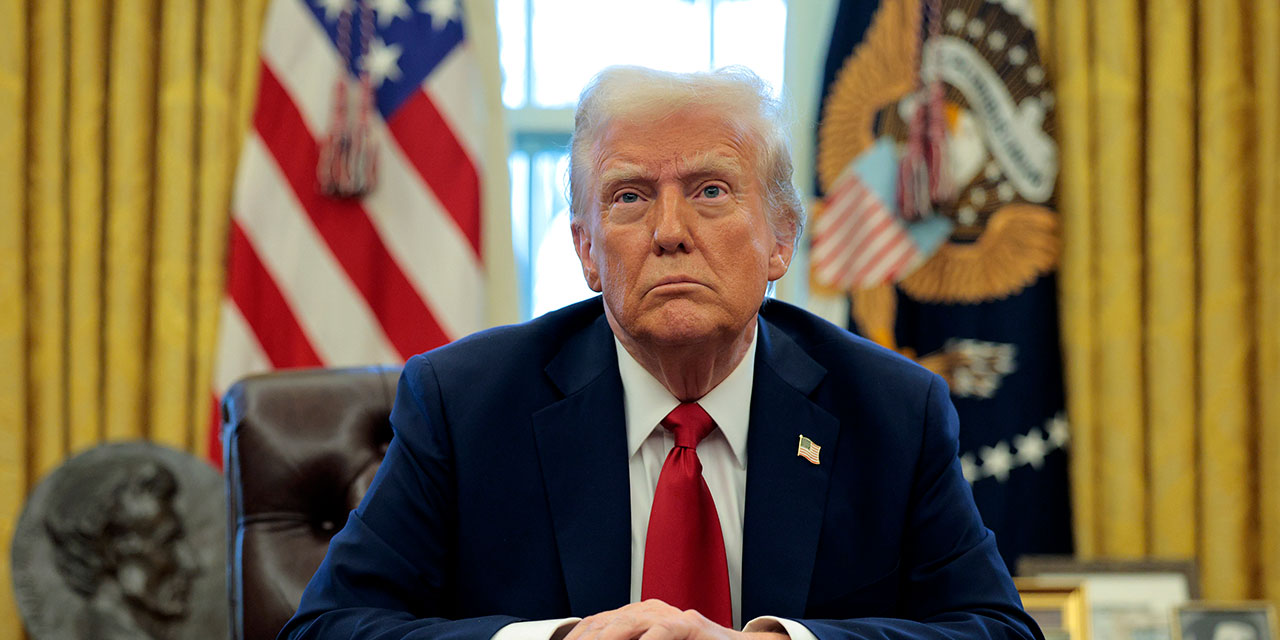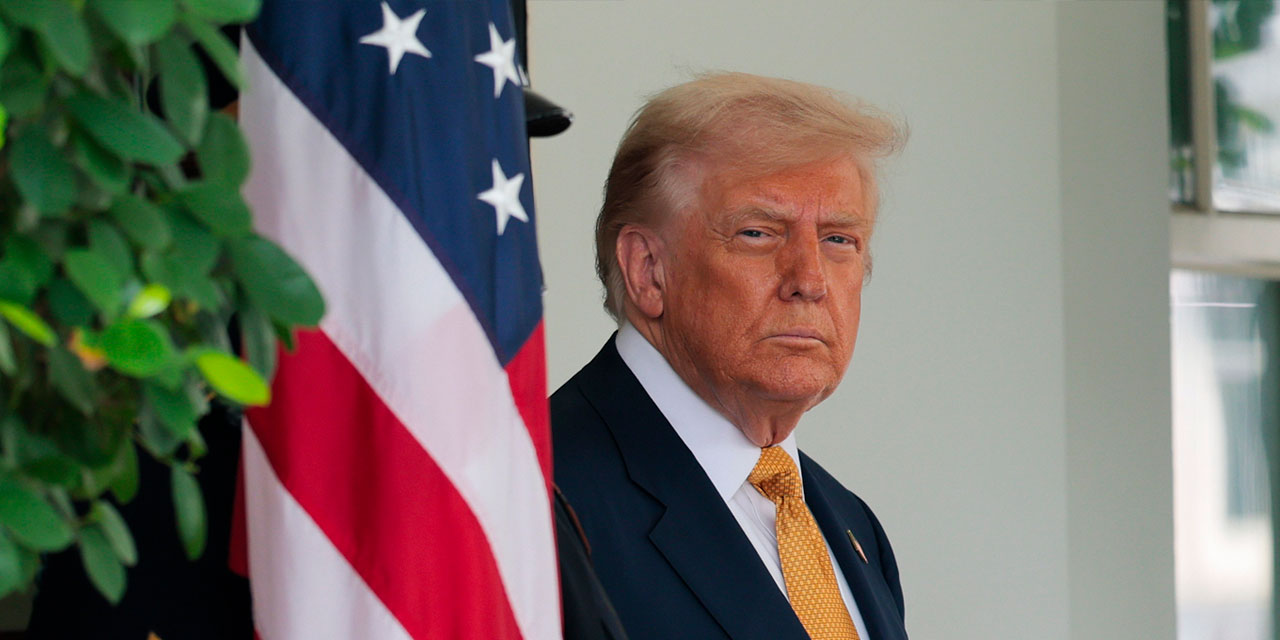The Return of History and the End of Dreams, by Robert Kagan (Knopf, 105 pages, $19.95)
Robert Kagan’s latest effort to explain the state of the world opens with a sentence that most book editors would abhor: “The world has become normal again.” So pedestrian. So lacking in the counterintuitive attention-grabbing with which today’s popular tomes on international affairs are emblazoned (witness Tom Friedman’s The World Is Flat and Fareed Zakaria’s The Post-American World). What Kagan means by this deceptively reassuring statement is that the challenges America faces today—resurgent authoritarianism in China and Russia, international jihadist terrorism—have eclipsed the brief respite from bipolar superpower competition, the “peace dividend,” that arrived with the fall of the Soviet Union. The opening sentence is significant in that it recapitulates a basic assumption about international affairs: that conflict is the inherent state of man, the “normal” order of things. “Nationalism and the nation itself,” Kagan writes—and the resulting competition for power, resources, and influence that those words imply—“far from being weakened by globalization, have now returned with a vengeance.”
Finally, a reason to check your email.
Sign up for our free newsletter today.
The end of the Cold War may have signaled a new era in American power, but Kagan seeks to challenge the idea that it spelled the “end of history,” as Francis Fukuyama famously phrased it. The nineties were replete with low-intensity warfare around the world, from ethnic cleansing in the Balkans to all-out genocide in Rwanda—not to mention repeated Islamic terrorist attacks on U.S. and Western targets across the globe. And while it might have been tempting at the time for liberal democrats in the West to proclaim their vision of the world as the obvious aspiration for humanity—“There are no serious ideological competitors left to liberal democracy,” Fukuyama wrote—the rise of totalitarian China, revanchist Russia, and authoritarian Venezuela, where autocrats rule with surprising levels of support from their own people, has put the universality of that assumption into serious doubt.
In his recent speech before an adoring crowd in Berlin, presumptive Democratic presidential nominee Barack Obama implored leaders in the United States and Western Europe to “reject the Cold War mindset of the past” in their dealings with Russia. This was an implicit rebuke to his Republican opponent, John McCain, who has talked tough on Russia, going so far as to raise the possibility of kicking it out of the G-8 for its domestically illiberal and externally aggressive behavior. Kagan, an informal advisor to McCain, even compares “the mood of recrimination in Russia today” to German anger after the supposed humiliations of the Versailles Treaty—and we’re all familiar with what followed after the signing of that punitive accord. Vladimir Putin’s authoritarianism, no doubt to be continued by his handpicked successor, Dmitri Medvedev, has been buttressed by the country’s astounding economic growth under his leadership: between 1998 and 2006, Kagan writes, the Russian economy has grown by more than 50 percent. Remember all the stories about Russian decline, the endless reports of soaring alcoholism rates and grinding poverty? They’ve gone the way of Boris Yeltsin, along with whatever hopes there were of Russian liberalism. China, like Russia, has a glorious imperial past to fall back on (meaning that its people can ask, “Why not reclaim it?”) and views Taiwan with what Kagan labels a “traditional nineteenth-century mentality,” that is, as “a matter of national pride and honor.” This tiny island “could be the Sarajevo of the Sino-American confrontation,” Kagan ominously warns, referring to the matches that ignited the bloody twentieth century.
Over the past seven years, many essays and books have presented some variation on the thesis that the world has changed since 9/11. It is refreshing, then, to read an argument that begins with the proposition that far from changing, the international scene has simply reverted to the not so distant past. Once again, the United States leads the free world against authoritarians, who are ensconced in the same places that they were during the Cold war: Beijing and Moscow. An original aspect of this book, and what many of his critics have failed to note, is that Kagan—the most eloquent and persuasive of the neoconservative thinkers—concludes that state authoritarianism, not jihadist terrorism and its state sponsors, is the central problem of the twenty-first century. Indeed, Kagan does not address radical Islam until the end of his book, and his discussion of it lasts but a few pages. If there is a lesson to be learned from The Return of History and the End of Dreams (aside, of course, from the insights that Kagan himself lends), it is that there is real disagreement among neoconservatives, those believers in the robust projection of American power who have recently become the subject of such fear and fascination for so many conspiracy theorists. They are hardly a bunch of hacks taking identical orders from the (now-defunct) Project for a New American Century.
When Kagan writes about the return of history, he uses the word “return” to reflect less his own knowledge of the word than the understanding of other people. The nineties, again, were hardly devoid of the global competition and violent conflict that had defined human history previously, and the United States did not hesitate to capitalize on its new role as the sole remaining superpower standing over a vanquished and depleted Soviet empire (those liberal internationalists today complaining about American “bellicosity,” “unilateralism,” and “hegemony” would do well to study the rhetoric and actions of the Clinton administration). The U.S. rarely hesitated to carry out military interventions abroad, and it did so using a very liberal interpretation of what defined American “national interest.” Kagan helpfully reminds us that from 1989 until 2001—a period beginning with the fall of the Berlin Wall and ending with the terrorist attacks on the World Trade Center and Pentagon—the United States “intervened more frequently than at any other time in its history . . . and far more than any other power in the same stretch of time.” Granted, few if any of these interventions would have been possible under the old Cold War rubric, which prevented American-Soviet combat but encouraged aid to local actors, like the Sandinistas and Contras in Nicaragua. But the post–Cold War, pre-9/11 age was not one of global peace, as the atrocities in the Balkans and Rwanda (not to mention al-Qaida’s infrequent yet devastating strikes) should remind us. History has not so much “returned” as it has been amplified.



